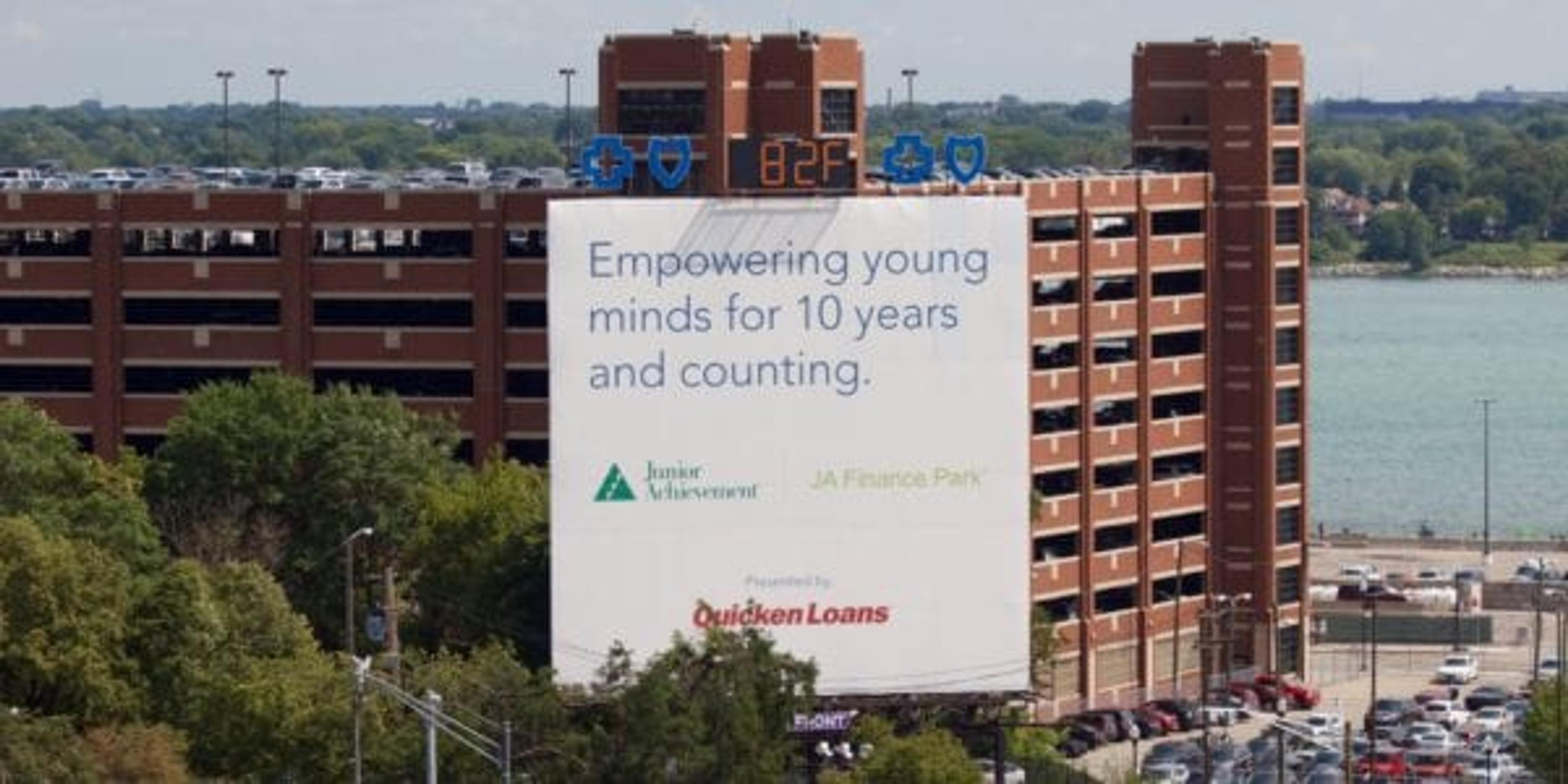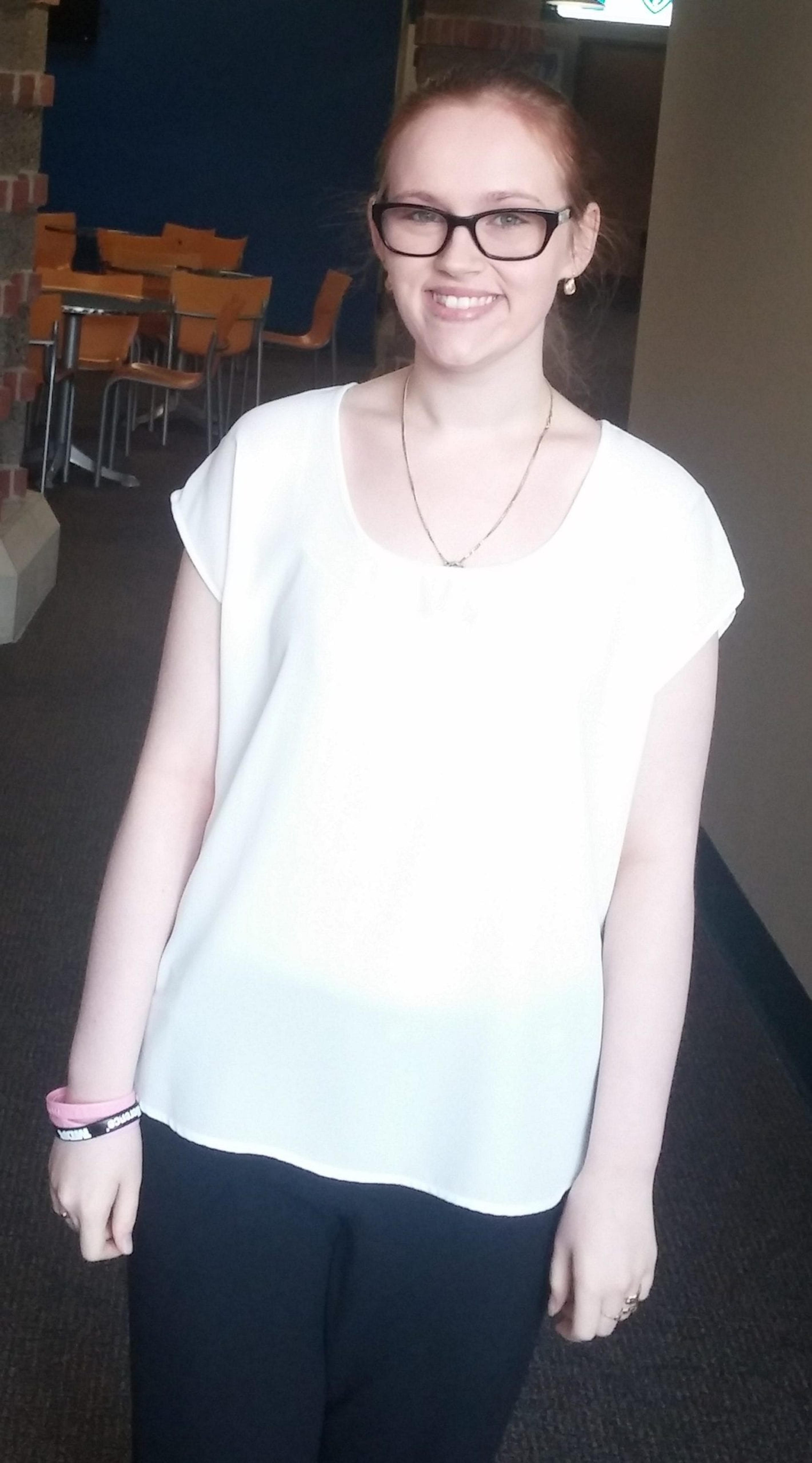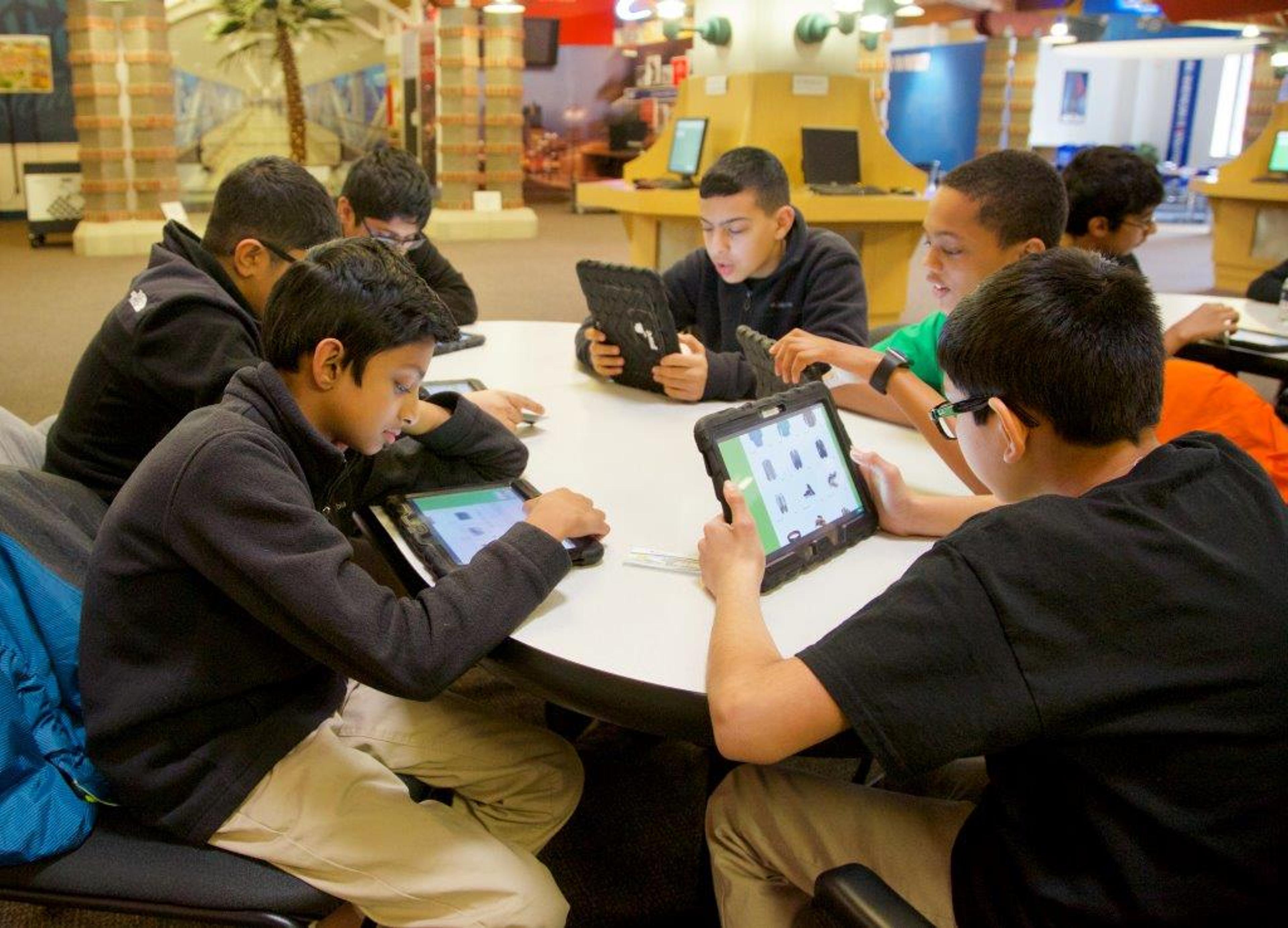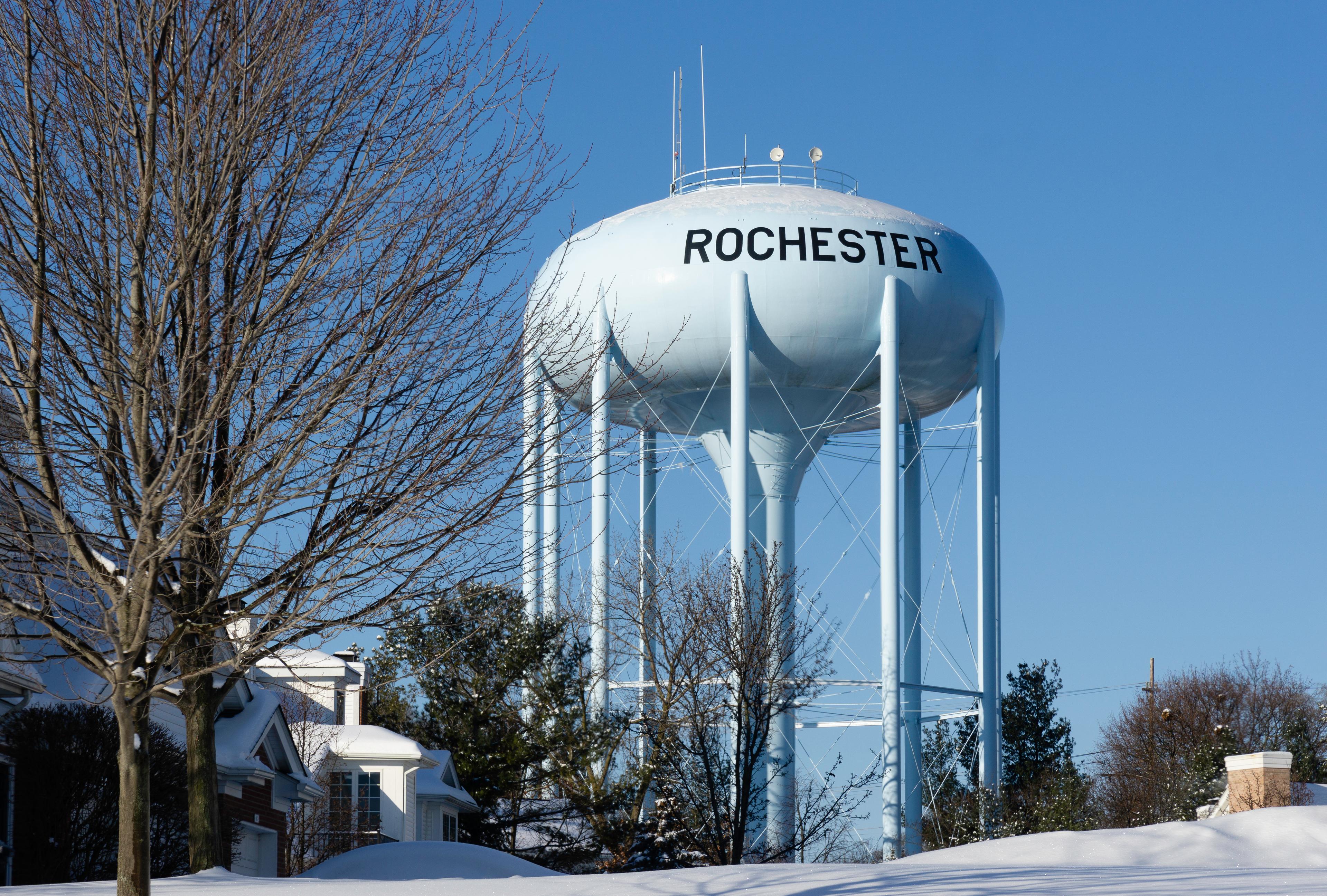JA Finance Park Celebrates 10 Years of Helping Students Begin to Budget

Lucy Ciaramitaro
| 3 min read

At age 17, Amina Hatibovic experienced a lesson most adults have the misfortune of learning only after it’s happened to them: identity theft.
“I’ve gained insight into what kind of gimmicks are out there in the real world,” Hatibovic said. “There are so many situations online and even in stores where people can steal your personal information.”

Amina Hatibovic, 17, attends Hamtramck High School and aspires to go to medical school in the future. Courtesy image.
The Quicken Loans JA Finance Park is a program aimed at empowering young people to find economic independence and better understand the complex—and sometimes deceiving—world of finance. This year the Detroit-based program celebrates its 10th anniversary.
Middle and high school students such as Hatibovic who participate in the program get a taste of some key economic concepts including: financial institutions, debit versus credit, salaries and taxes, investing, budgeting and different career opportunities. It is designed to start in the classroom and end on-site at the Quicken Loans JA Finance Park facility.
After the 13-lesson curriculum, it comes time for students to test the waters. The experiential learning pairs five to six children with a volunteer who then guides them through their very own real life scenario. Each student is given a different age, annual income, family situation and tax information.
From there, they are sent on a quest to manage their own financial situation. With an account and PIN number, each student visits the facility store fronts that mock real-life entities. As they keep track of their funds, they are able to see the difference between needs versus wants, and what it’s like to make tough spending choices based on a budget.
One of the biggest advances in the program came two years ago, when instructors went from paper to digital. Tablets are now incorporated into the experience as a means of assigning life scenarios and simplifying the financial calculations. At the end of the program, each student receives a check-out report that tells them if they were successful in creating a balanced budget.

Courtesy image
“This program is about understanding real life skills,” said Margaret Trimer-Hartley, President and chief executive officer at Junior Achievement of Southeastern Michigan. “We want to engage students in their economic futures and help them feel comfortable navigating through their adult lives.”
Junior Achievement will reach 52,000 students this year and provide more than a half million classroom contact hours annually in Metro Detroit. Since its inception in 2006, the Junior Achievement Finance Park program has impacted 85,000 students.
“Moving forward, the focus will be on financial literacy, career readiness and entrepreneurship,” said Trimer-Hartley. “My goal is to elevate the visibility of the program in the community and reinforce Junior Achievement in people’s lives in multitude of ways.”
Blue Cross Blue Shield of Michigan and Blue Care Network are proud supporters of Junior Achievement of Southeastern Michigan. For more information on programs like JA Finance Park, visit www.jamichigan.org.
If you enjoyed reading this post, you may be interested in:
Photo Credit: Mike Miller via A Healthier Michigan (feature), Courtesy image via Junior Achievement (Amina Hatibovic), Courtesy image via Junior Achievement (kids at table).





